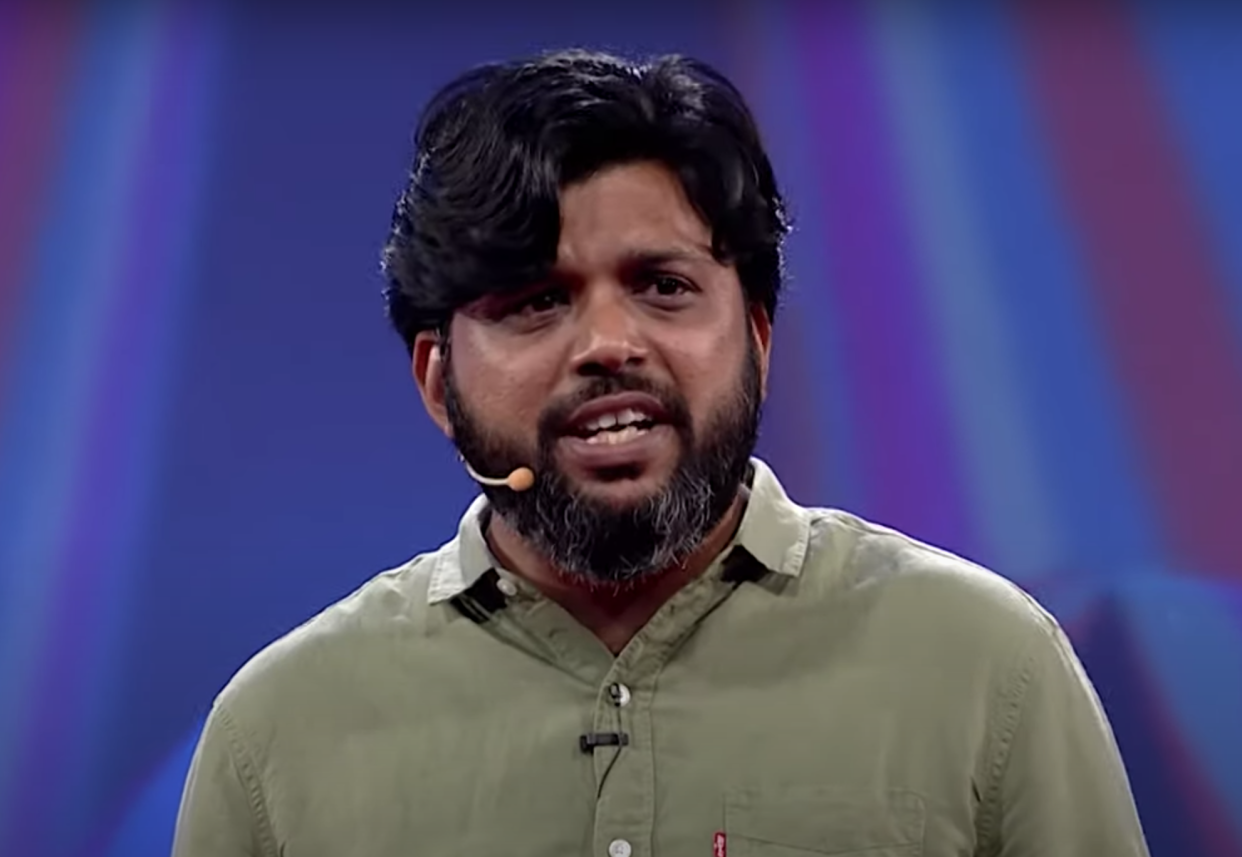Taliban mutilated body of prize-winning Reuters journalist Danish Siddiqui, officials say

Taliban fighters mutilated the body of Reuters journalist Danish Siddiqui after he was killed by Taliban gunfire while reporting on the frontline in Afghanistan, officials have said.
Mr Siddiqui, 38, who won the Pulitzer prize in 2018, was hit by gunfire while reporting on the attempts by Afghan special forces to retake a key border crossing with Pakistan.
The Indian photographer had been speaking to shopkeepers in the market area of Spin Boldak when the Taliban attacked, according to an Afghan commander quoted by Reuters.
His death was confirmed by Reuters in a joint statement from the organisation’s president Michael Friedenberg and editor-in-chief Alessandra Galloni, with the pair saying they were “urgently seeking more information, working with authorities in the region”.
After the Islamist group turned over Mr Siddiqui’s body to the International Committee of the Red Cross, Indian and Afghan officials told the New York Times that Mr Siddiqui’s face was unrecognisable and that there were nearly a dozen of bullet wounds in his body and tyre marks on his face and chest.
The New York Times said it had reviewed multiple photographs that showed Mr Siddiqui’s body had been “badly mutilated”.
According to India’s NDTV, Mr Siddiqui was “brutally murdered” by the Taliban after verifying his identity. It said a local investigation suggested the group attacked the mosque only because of Mr Siddiqui’s presence there.
Taliban spokesperson Zabihullah Mujahid has denied any wrongdoing, according to the New York Times, and previously said the group does not know how Siddiqui died.
“We are not aware during whose firing the journalist was killed,” he told Indian television station CNN-News18.
“We are sorry for Indian journalist Danish Siddiqui’s death,” the spokesperson added. “We regret that journalists are entering war zone without [telling] us.
“Any journalist entering the war zone should inform us. We will take proper care of that particular individual.”
Meenakshi Ganguly, the South Asia director for Human Rights Watch, told the New York Times: “Danish always chose to be on the front lines so that abuses and atrocities could not remain hidden. The brutality with which Taliban fighters punished Danish proves the abuses that he was documenting.”
Mr Siddiqui, a senior photographer who had worked for Reuters since 2010, was embedded with Afghan special forces as they attempted to retake the main bazaar in Spin Boldak, which fell to the Taliban.
In his last report for the agency, published earlier this week, he documented how Afghan commandos had come under attack by the Taliban while trying to rescue a wounded policeman trapped on the outskirts of Kandahar.
The Taliban has captured large swathes of territory in Afghanistan in recent weeks as US and Nato troops complete their withdrawal from the country.
Mr Siddiqui won the 2018 Pulitzer prize as part of a team documenting Myanmar’s Rohingya refugee crisis, a series described by the judging committee as “shocking photographs that exposed the world to the violence Rohingya refugees faced in fleeing Myanmar”.
He was also at the forefront of Reuters’ coverage of the devastating toll of India’s second Covid wave and was responsible for taking a series of drone photographs showing the scale of mass cremations that made headlines around the world.
His body, in a closed coffin, was returned to his home in New Delhi two days after his death. He is survived by his wife Rike and two young children.
Read More
China warns ‘b***h’ Britain about aircraft carrier sailing in disputed South China Sea
Pollution turns Argentina lake bright pink
‘The EU has a dictatorship growing inside of it,’ warns Verhofstadt over Hungary and Pegasus scandal
South African president vows to restore order as dozens killed in violence

 Yahoo News
Yahoo News 
